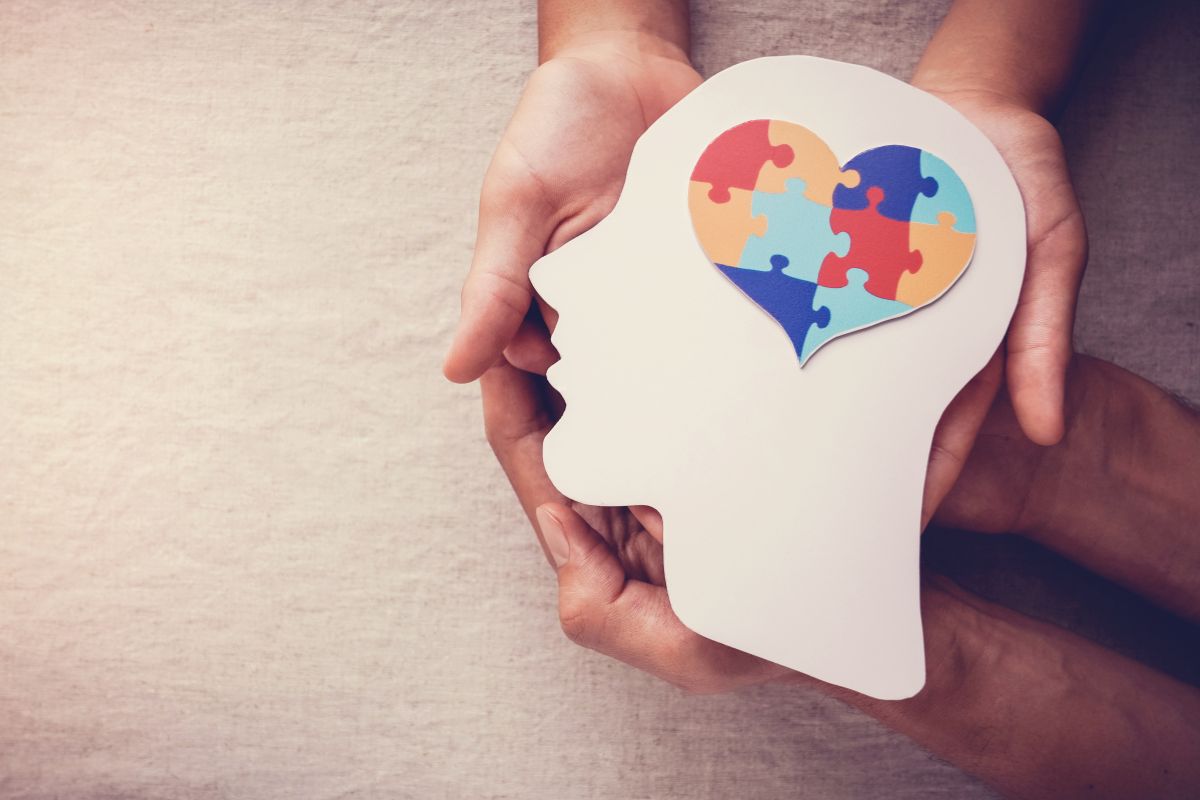Mental health has transcended the whispers of hospitals and therapy sessions. It's now a conversation occurring in living rooms, on social media and even at work. With increased awareness, individuals are not only acknowledging their mental health but are also seeking ways to improve it. One such way, often underutilised and underappreciated, is via counselling sessions. This article seeks to elucidate the transformation that can occur within the confinements of a single counselling hour, exploring how these sessions can spark profound changes and times of personal growth. You can find your perfect counsellor with Mindworx.
The Science Behind Sharing
Why do we feel so much better after pouring our hearts out to someone we barely know? The answer lies in the neurobiology of sharing. When expressing our emotions, the brain releases oxytocin, often referred to as the 'connection hormone'. This powerful neurochemical boosts feelings of trust and bonding, which can be profoundly comforting when we're in emotional distress. In a therapy setting, where the environment is non-judgmental and supportive, the release of oxytocin can be particularly strong, enhancing the therapeutic alliance and the benefits of sharing.
Additionally, verbalising our feelings can improve our sense of self-efficacy. In psychology, self-efficacy is a person's belief in their ability to affect change and handle the situation. By voicing concerns and working through problems with a counsellor, individuals can develop a stronger understanding of their emotions and an increased belief in their capacity to manage them. This shift in mindset can be a powerful catalyst for change outside the therapy room.
Structuring Growth through Techniques
Counselling sessions are not mere talk fests; they are structured sessions designed to facilitate personal growth. Therapists use evidence-based techniques to help their clients achieve their therapeutic goals. Cognitive-behavioural therapy (CBT), for example, assists in reframing thoughts to manage complex emotions more effectively. Mindfulness practices help individuals ground themselves in the present and develop a kinder relationship with themselves. By employing a variety of techniques suited to individual needs, counsellors can guide their clients towards a more positive mental outlook and healthier coping mechanisms.
The Ripple Effect: Impact on Daily Life
The benefits of counselling sessions extend far beyond the therapy room. An increase in self-awareness leads to more deliberate actions and interactions with others. Individuals who undergo counselling often report improved relationships, both personal and professional, as they learn to communicate more effectively and manage their emotional reactivity. The skills learned in therapy sessions can be transferred to daily life, fostering resilience and a greater sense of well-being.
Overcoming the Stigma
Seeking counselling remains an arduous step for many, often due to the persistent societal stigma surrounding mental health. The reality, however, is that counselling is a step of strength. It is the acknowledgment of internal struggles and the commitment to personal betterment. Overcoming this stigma is essential for individuals to access the mental health support they need. Conversations around therapy must be reframed, not as an admission of weakness, but as a proactive step towards a healthier, more fulfilling life.
Finding Your Therapeutic Fit
Not all counsellors are created equal, and finding the 'right' one is crucial for a fruitful counselling experience. The therapeutic alliance, the relationship between the counsellor and client, is a predictor of successful outcomes in counselling. A good fit means that the client feels heard, respected, and understood, and the counsellor can provide the necessary support and challenge. It is vital to explore different therapeutic modalities and therapists until you find a combination that resonates with you and addresses your unique needs.
The Role of Technology in Accessibility
Technology has played a pivotal role in making counselling more accessible. Telemedicine and online counselling platforms break down traditional barriers, such as geographical distance and physical mobility, allowing individuals to receive support from the comfort of their homes. With the rise of these digital platforms, individuals have a greater selection of counsellors and therapeutic modalities, which can cater to their specific requirements and schedules.
Committing to the Process
Transformation, particularly in the realm of mental health, is seldom instantaneous. It requires commitment and perseverance. Counselling sessions are an opportunity to invest in oneself, to set aside dedicated time to focus on personal growth. Individuals who engage with the process, complete assignments if given, and commit to regular sessions often see the most benefit. The change in perspective and emotional regulation skills gained through therapy are a lifelong gift, enhancing one's mental health continually.
Bringing It All Together
Counselling sessions are environments for transformative healing. They provide structured support, employ proven techniques and can lead to profound changes in how individuals perceive and manage their mental health. By shedding the stigma, focusing on the therapeutic alliance, and committing to the process, individuals can unlock a wealth of growth that ripples out into their daily lives.
In conclusion, the power of one hour in a counselling session can lead to a lifetime of enhanced mental health. It's an investment worth considering for anyone on the path to personal development and greater self-understanding. The ripple effects of this transformation are not just individual but also extend to relationships and communities, reinforcing the message that mental health and counselling are not just personal journeys but collective ones.
